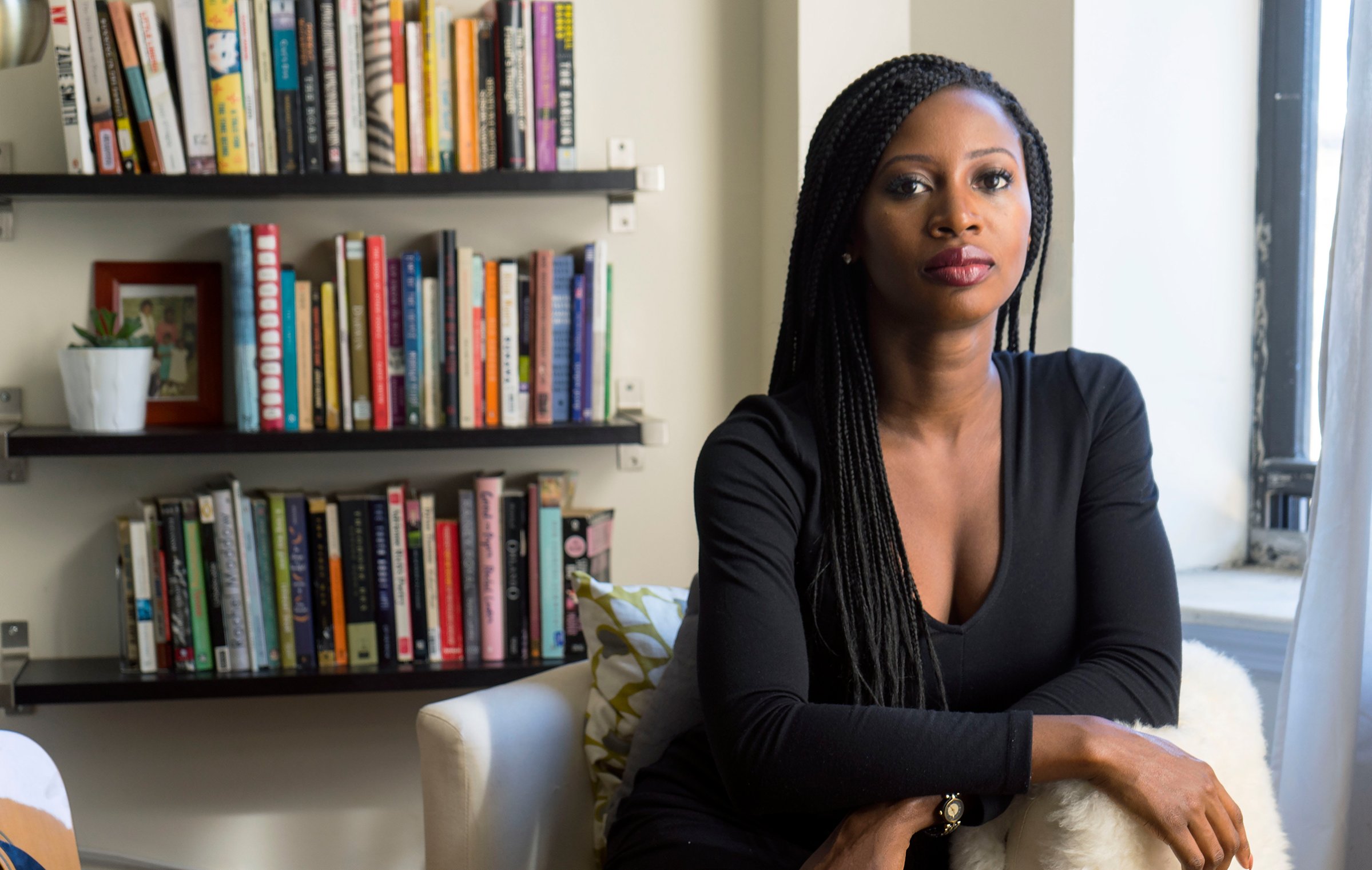
Reading Wayétu Moore’s debut novel, She Would Be King (Graywolf Press), feels a lot like watching a superb athlete’s performance. It’s set during the early years of Liberia, when the country was the focus of a movement in the U.S. to return previously enslaved people to Africa. The three main characters–Gbessa (from the Liberian region’s Vai people), Norman (a multiracial man from Jamaica) and June Dey (born on a Virginia plantation)–cover a great deal of turf literally and figuratively. Each has a sort of superhuman ability that echoes the torments of slavery: Gbessa can’t die, even after years of deprivation. Norman can become invisible–even when he doesn’t necessarily mean to do so. June Dey’s body is impervious to the lash and the bullet and the knife.
When these three finally meet in Monrovia, Liberia’s capital, there’s no happy ending. Gbessa finds a job working for some of the founders of the first independent African republic, and discovers that lofty ideals and righteous anger don’t necessarily translate into kindness and equality. Meanwhile, her male compatriots encounter some of Liberia’s European carpetbaggers (particularly the French) who are trying to foment tribe-on-tribe violence so the resulting confusion will allow them to spirit people away to slave ships.
Moore makes deft use of magical realism, and her plot and its details are compelling, from Gbessa’s stark tribal childhood to June Dey’s shanty birth to Norman’s creepy father (who wants to send his son off for racial experiments in England). Pay close attention to the song Gbessa sings again and again for a clue about the first-person narrator’s identity.
Moore, 33, was born in Liberia and brought to the U.S. by her parents during their country’s first civil war, graduated from Howard University and has an M.F.A. from the University of Southern California; she now lives in Brooklyn. When she began writing her novel, she hadn’t been back to Liberia since age 5; she says research for the book helped her reconnect with her home country. Her One Moore Book venture publishes stories that are meant to appeal to children in low-literacy countries. Like her remarkable protagonist Gbessa, the author has tapped into her own backstory–and emerged with literary superpowers.
More Must-Reads From TIME
- What Student Photojournalists Saw at the Campus Protests
- How Far Trump Would Go
- Why Maternity Care Is Underpaid
- Saving Seconds Is Better Than Hours
- Welcome to the Golden Age of Ryan Gosling
- Scientists Are Finding Out Just How Toxic Your Stuff Is
- The 100 Most Influential People of 2024
- Want Weekly Recs on What to Watch, Read, and More? Sign Up for Worth Your Time
Contact us at letters@time.com